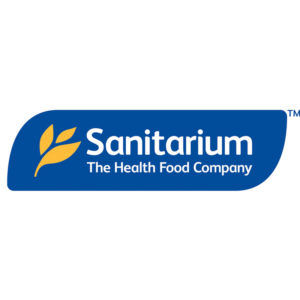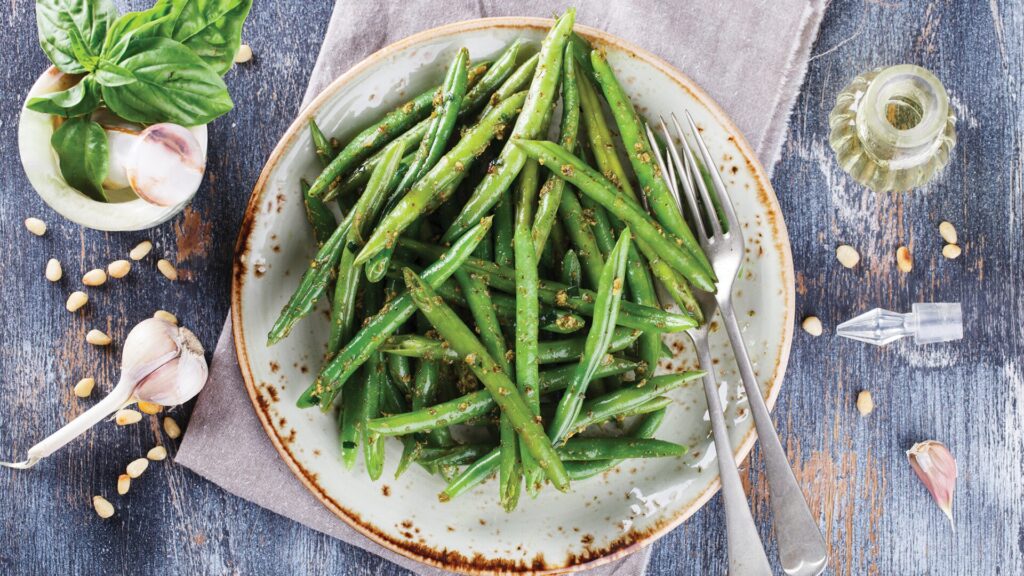From feeling exhausted to being downright cranky, the symptoms of premenstrual syndrome (PMS) are long and varied. Yet the exact cause of PMS is unknown. Fluctuating hormones is the most likely culprit. The good news is that the foods you eat can help to reduce the symptoms. Here is a list of key nutrients that may help to alleviate PMS, and some foods that contain them.
Calcium
Calcium is a key nutrient to help manage PMS and also menopause. Research shows low-dose calcium supplements can help with mood disorders associated with PMS, including anxiety, depression, mood swings, as well as water retention. Calcium may also have anti-
inflammatory properties, which can help relieve headaches, cramps and bloating. Bump up calcium levels with nuts, tofu, chickpeas, leafy greens, yoghurt, milk and calcium-fortified soy, almond and oat milks.
Omega-3
There is emerging evidence to say that omega-3 may help alleviate a wide range of PMS symptoms, both mood related and physical. There are plenty of plant-based sources of this important fatty acid, including seaweed, hemp, chia and flax seeds/oils, walnuts, green leafy veggies, soybean oil and edamame.
Magnesium
There is also some research which shows that magnesium may help with PMS symptoms. Magnesium levels in your body fluctuate during your monthly cycle—as your body makes more oestrogen or progesterone in the lead up to ovulation, magnesium levels can dip, which can trigger cramps, depression, headaches and migraines. Increase magnesium levels by adding beans, pumpkin seeds, bananas, wholegrains and green leafy vegetables to your diet.
Vitamin B6
Vitamin B6 is known to help regulate hormone activity, and getting enough vitamin B6 in your diet may also help with PMS symptoms. Foods that contain vitamin B6 include bananas, spinach, peas, sweet potatoes, avocados and breakfast cereals.
Tips to help balance hormones
Keep balanced. Reducing stress, staying active and looking after yourself by getting enough rest, will all help ease symptoms of PMS.
Foods to avoid. Try cutting back on fried foods, sugary drinks and highly-refined carbohydrates that can exacerbate inflammation. If poor sleep and menstrual cramps are causing problems, it might be a good idea to cut back on the caffeine and salty foods.
Up vitamins and minerals. Vitamins and minerals from your food help to support the glands that produce hormones. To get plenty of vitamins and minerals, focus on eating lots of nutrient-rich plant foods. A low-fat vegetarian diet has even been shown to reduce the duration and severity of menstrual cramps and pains.







